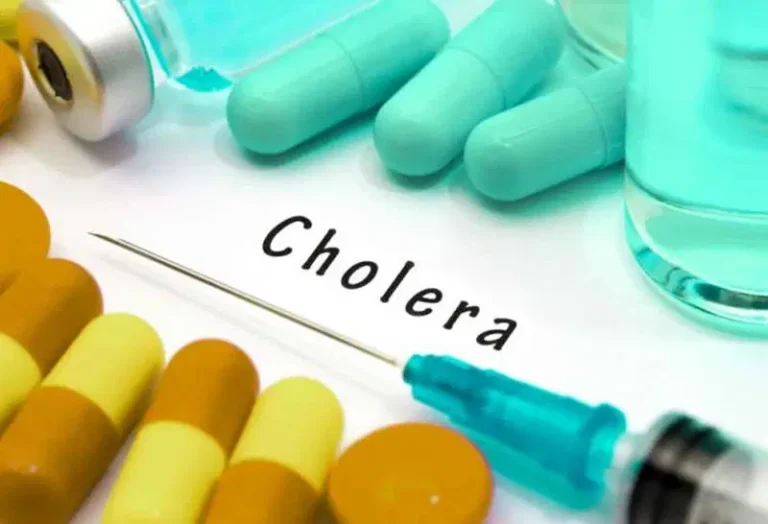The Africa Centres for Disease Control and Prevention (Africa CDC), together with the World Health Organization’s Africa office, has launched a new plan to stop cholera outbreaks and greatly reduce deaths from the disease across Africa by the year 2030.
This new plan is called the “Continental Cholera Emergency Preparedness and Response Plan for 2025–2026.” It was officially announced on Friday on the Africa CDC’s LinkedIn page.
The goal is to cut cholera deaths by 90% and completely eliminate the disease in at least 20 African countries within five years.
The plan will focus on improving water, sanitation, and hygiene systems. It will also increase the use of vaccines quickly in areas at high risk of cholera outbreaks.
This strategy comes at a time when cholera is getting worse in Africa. According to Africa CDC, the continent now accounts for 82% of all global cholera cases and 93.5% of related deaths.
Cholera remains a big problem, especially in areas affected by conflict or poverty, where clean water and proper sanitation are hard to access.
Cholera is a serious disease that causes diarrhea and can be deadly within hours if not treated. It spreads through food or water that has been contaminated with the Vibrio cholerae bacteria. However, some cases can be mild or show no symptoms.
In Nigeria, cholera cases rose sharply earlier this year. Between January 27 and February 2, 2025, infections increased by 75% compared to the same week in 2024.
Even worse, deaths from cholera in Nigeria went up by 250% during that same five-week period, showing how urgent the situation is.
As part of the new plan, Africa CDC and WHO are forming a special team to manage cholera emergencies. This team will be part of the existing mpox response system, not a separate one.
By using the current mpox systems, the team can respond faster, work better together, and use money and resources more efficiently.
The plan will follow the “4-One” principle used successfully during the mpox outbreak: one team, one plan, one budget, and one system to track progress. This will help with clear decisions, better funding, and stronger accountability among African countries.
A detailed roadmap has been created to guide efforts to end cholera in Africa by 2030. This includes reducing deaths by 90% and keeping the death rate below 1% across the continent.
A new Continental Task Force on Cholera will be created, led by African Union member countries. Africa CDC and WHO will provide technical and administrative support.
This task force will focus on long-term actions like disease tracking, vaccination campaigns, public education, community involvement, and continuous investment in clean water and sanitation.
Africa CDC and WHO said this plan matches global goals to eliminate cholera and fits in well with other emergency health plans.
They also stressed that national governments must take the lead and work together to make sure Africa no longer suffers from major cholera outbreaks.
With challenges like climate change, displacement, and rapid urban growth, cholera is still a major health threat. But Africa CDC and WHO believe this united effort can lead to a future where no African country is affected by preventable cholera outbreaks.


